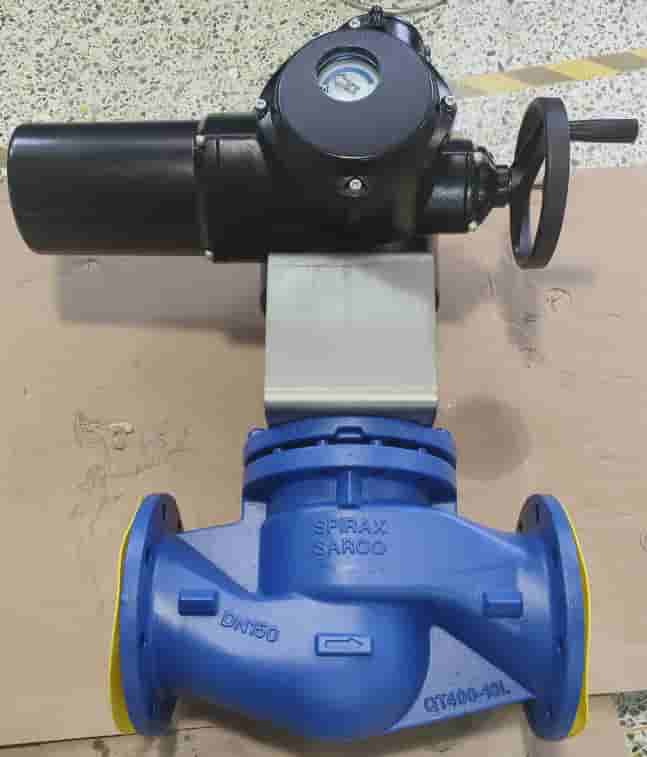

Hydrogen energy is derived from the abundant element, hydrogen, which can be utilized in various applications, including fuel cells, industrial processes, and transportation. When used as a fuel, hydrogen generates electricity through a chemical reaction, producing only water as a byproduct, making it an environmentally friendly option. However, the use of hydrogen also comes with challenges, particularly regarding safety, given its flammability and the high pressures involved in its storage and transportation.
The Role of Shut-Off Valves
Electric shut-off valves are essential saty devices used in many industrial applications, including those involving hydrogen. Their primary function is to control the flow of gas or liquid within a system, ensuring that the supply can be quickly stopped in case of an emergency. In the context of hydrogen energy, these valves play a critical role in preventing accidents that could arise from leaks or system failures.

fe As the world increasingly shifts toward sustainable energy sources, hydrogen energy has emerged as a leading contender in the quest for cleaner alternatives. Among the critical components facilitating the safe and efficient use of hydrogen energy is the hydrogen energy electric shut-off valve. This article explores the significance, functionality, and future of these valves in the hydrogen energy landscape.
Understanding Hydrogen Energy